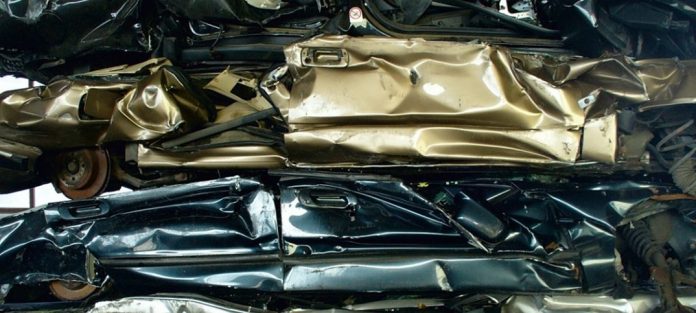The European Parliament’s plenary vote on its position on the proposed End-of-Life Vehicles Regulation (ELVR) marks an important step in advancing the circularity of the automotive sector. However, FEAD, the European Waste Management Association, warns that certain requirements risk undermining the Regulation’s ability to deliver on its objectives.
The Parliament’s position contains some positive steps that FEAD welcomes, such as the acknowledgement of the primary role of the Authorised Treatment Facilities (ATFs) and the move towards a more inclusive governance structure for Extended Producer Responsibility (EPR) schemes.
FEAD supports the clear distinction between ATFs and collection points, with ATFs as the sole entities authorised to issue Certificates of Destruction and the prescription for producers or PROs to conclude contracts with ATFs for the purposes of fulfilling their producer responsibility obligations. Moreover, the European Parliament rightly recognised that the whole recycling chain – including the waste management operators – must be represented in Producer Responsibility Organisations (PROs) to guarantee transparency and fair competition.
Despite these positive signals, the Parliament’s position also highlights a concerning trend of weakening the Regulation’s ambition, and thus its actual impact:
- Weaker minimum recycled content targets for plastic: lowering the minimum recycled content target for plastic to 20% and reduce to 15% the target for close loop.
- Prolonged target timeline: pushing back the deadline for achieving the 25% minimum recycled content from 72 months to 120 months.
- Inclusion of pre-consumer plastic waste towards the minimum recycled content: allowing up to 50% pre-consumer content risks undermining real circularity and discouraging investment.
„Europe cannot afford to weaken its circularity objectives. Lowering minimum recycled content levels and introducing pre-consumer plastic waste undermine the real purpose of this Regulation and stall investment in ELV recycling. The Trilogue must uphold robust and binding targets avoiding any escape clause underming circularity,“ said Paolo Campanella, Secretary General of FEAD.
Which is why FEAD urges negotiators to preserve the 25% recycled plastic target with a 25% closed-loop requirement within 72 months. Equally important is ensuring that post-consumer recyclates remain the sole baseline towards the achievement of the minimum recycled content target, safeguarding the central role of ATFs and securing inclusive governance in EPR systems.
The ELVR is a unique opportunity to reinforce Europe’s global leadership in circular automotive value chain. FEAD calls on the co-legislators to ensure the final text remains fit for purpose, supporting the whole value chain, increasing circular economy, and safeguarding Europe’s competitiveness.
Source: FEAD





